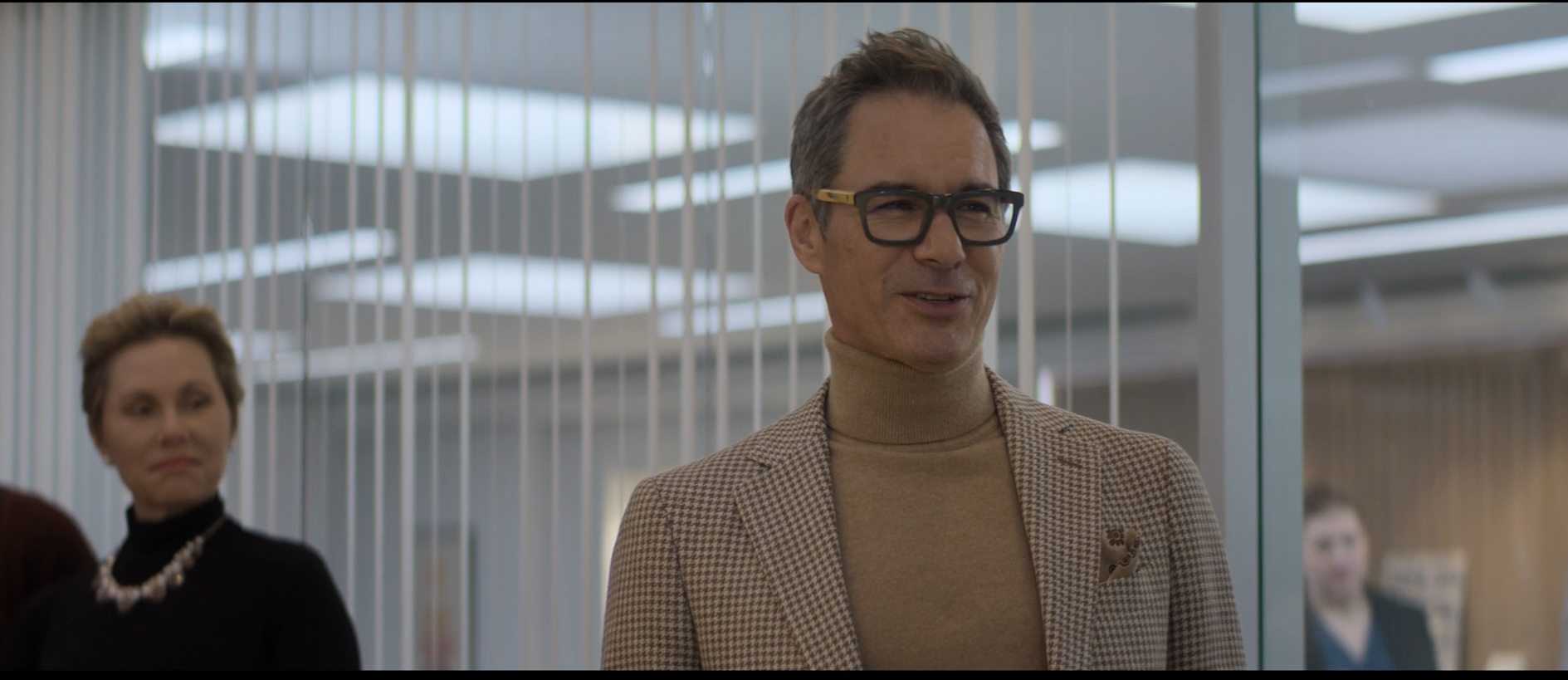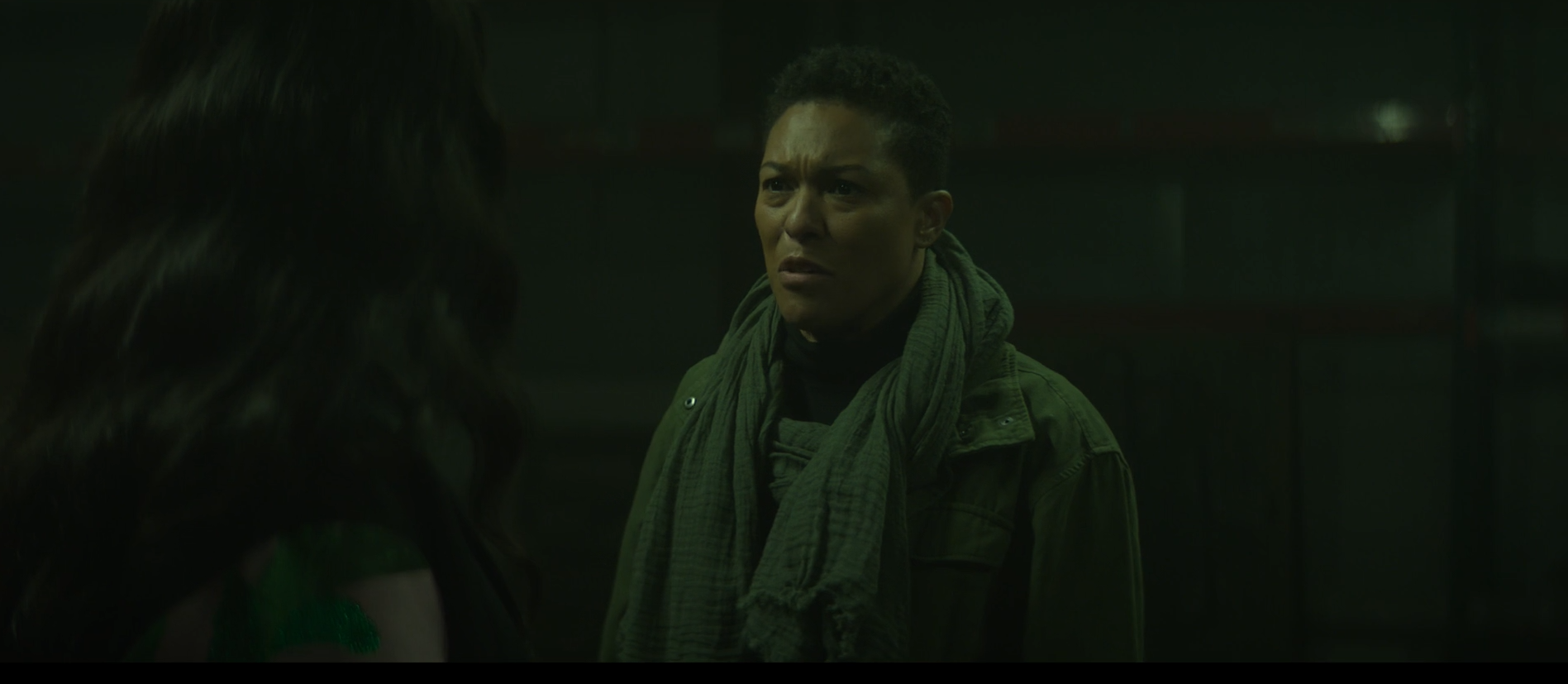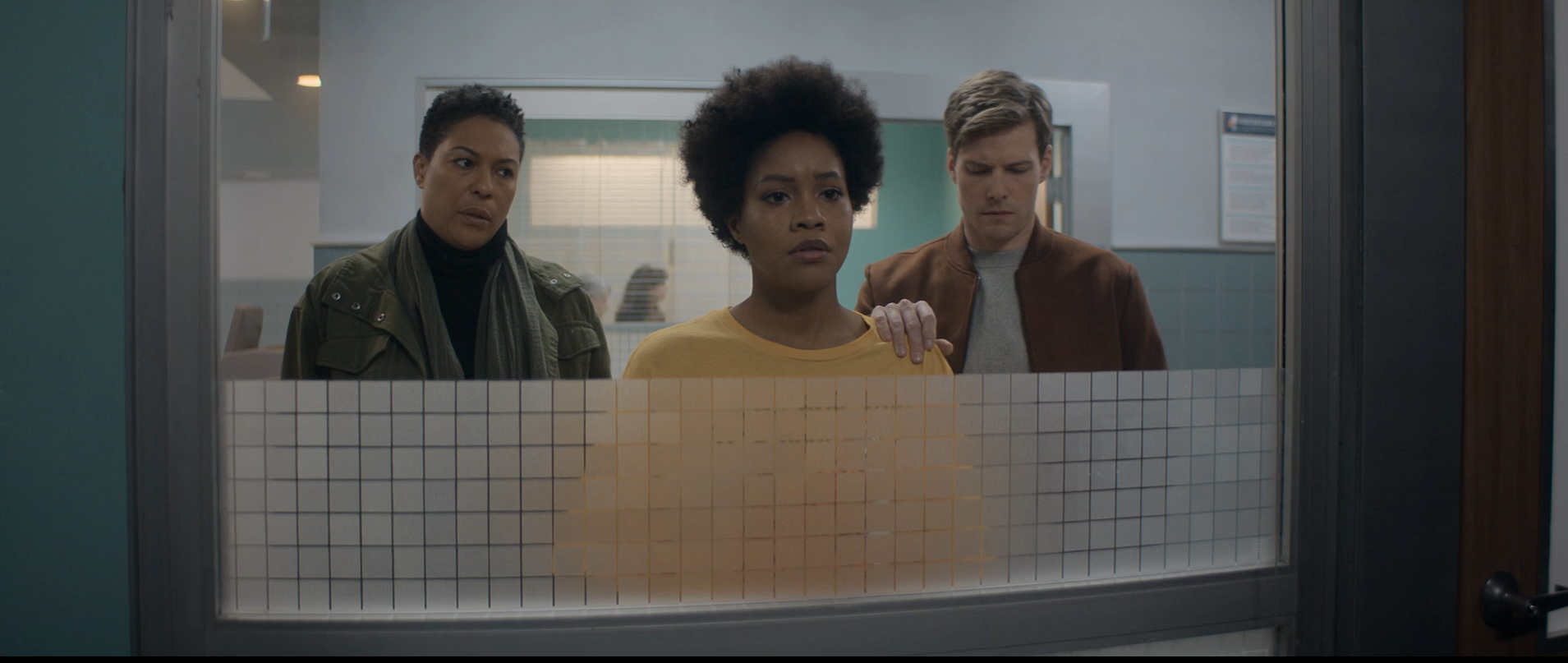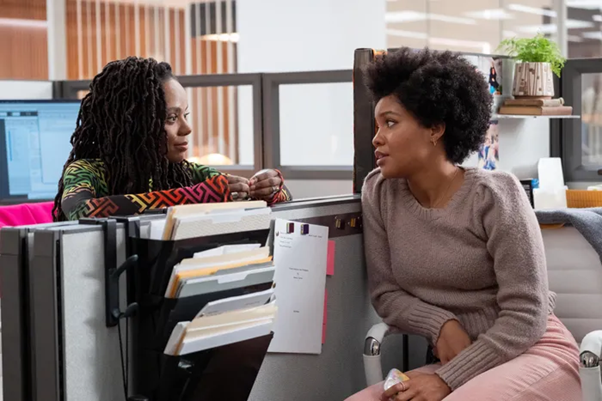In this concluding episode, we venture into an increasingly complex territory, introducing secret societies, workplace conflicts, and a high-stakes plan to unmask the truth. While the finale promises a thrilling culmination, it leaves viewers with a sense of bewilderment and a longing for further clarity. The episode opens with a tense confrontation between Nella, Hazel, and Diana in a warehouse, setting the stage for a climactic showdown.
Diana’s revelation about Jesse’s role as a spokesperson for the sisterhood adds a layer of intrigue, blurring the lines between truth and manipulation. The backstory between Diana and Kendra provides crucial context to their complex relationship, shedding light on the origins of the mind-altering grease. The pain and sacrifice Kendra endure underscoring the sinister nature of the operation, adding a chilling dimension to the narrative.

The fate of Malaika, following the hit-and-run incident, is revealed, offering a glimmer of hope amidst the escalating tensions. Her pivotal role in Nella’s plan to thwart Jesse’s book release showcases her resilience and determination. Nella’s daring break-in at Wagner Books, facilitated by Sophie’s(Kate Owens) badge, marks a turning point in the narrative. The tension escalates as Nella encounters Hazel in the office bathroom, leading to a pivotal moment of choice.
The dynamic between Nella and Hazel remains a central focus, with Nella navigating a delicate balance between manipulation and resistance. The climax of the episode unfolds with a shocking twist, as Nella embraces the use of the grease and assumes a new identity. Her transformation into a senior editor at Wagner Books signifies a significant shift in power dynamics, setting the stage for a potential reckoning.

The finale leaves us with a flurry of unanswered questions, hinting at the broader implications of the sisterhood’s operation and the true extent of Diana’s influence. The series concludes on a note of uncertainty, leaving room for speculation and interpretation. While the conclusion introduces intriguing elements, the plot ventures into increasingly convoluted territory, potentially leaving viewers divided in their assessment. The resolution may leave some wanting more clarity and closure, while others may appreciate the enigmatic nature of the ending.
Overall, the finale of ‘The Other Black Girl’ delivers a blend of suspense and perplexity, leaving viewers both intrigued and puzzled. The series as a whole offers a thought-provoking exploration of power dynamics, identity, and the lengths one may go to achieve success.

‘The Other Black Girl’ navigates the intricacies of racial dynamics in the corporate world with thought-provoking precision. Based on Zakiya Dalila Harris’s bestseller, it cleverly blends satire and horror. Nella (Sinclair Daniel) stands alone as the lone Black face in Wagner, an all-white publishing house. The arrival of Hazel (Ashleigh Murray) offers both solace and suspicion, as Hazel’s ambition and enigmatic past add a layer of suspense.
The series effectively satirizes the quirks of white workplaces, from comical misunderstandings to performative allyship. However, the rationale behind forced assimilation occasionally feels ambiguous, challenging its narrative impact. The horror elements, though engaging, occasionally overshadow the inherent tension of being Black in such environments.
Yet, the exploration of agency and choice in assimilation is compelling, with standout performances from Daniel and Murray. ‘The Other Black Girl’ is a relevant examination of the sacrifices involved in navigating corporate spaces as a Black individual. It serves as a poignant reminder that shared identity doesn’t always equate to shared interests. Overall, a thought-provoking series that successfully dissects the complexities of racial dynamics in the workplace. I’d rate this one 4 out of 5.




